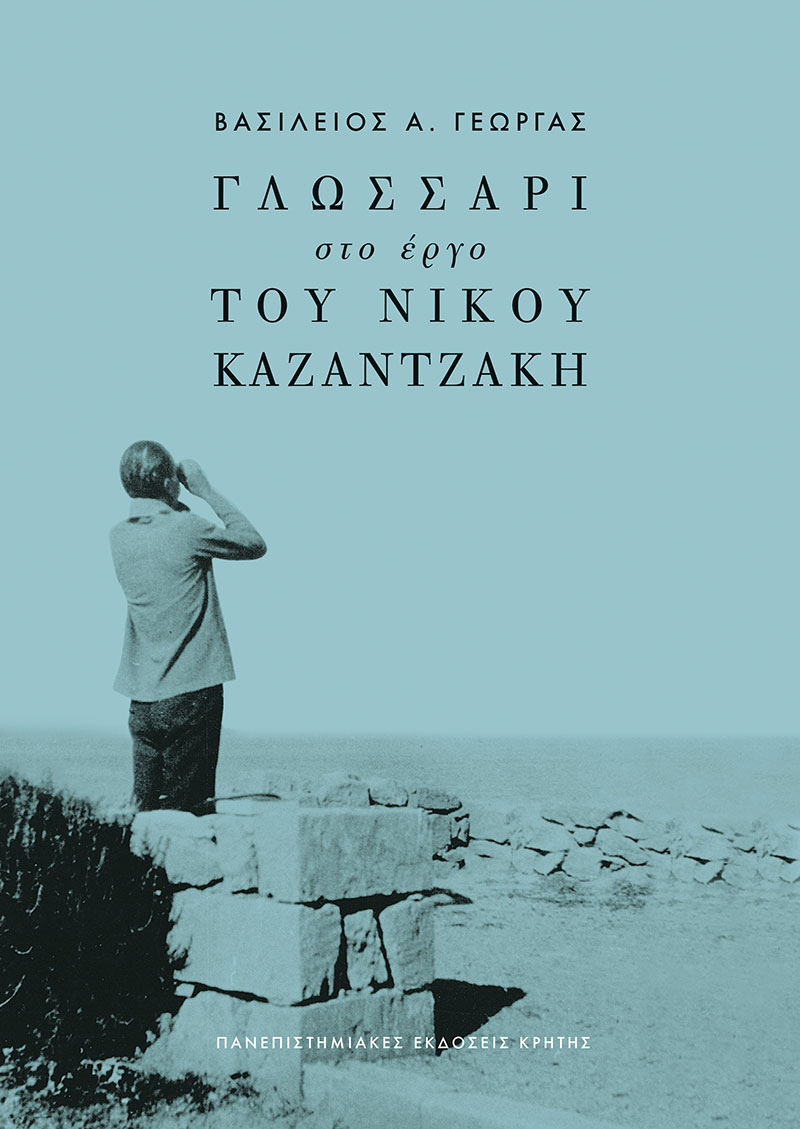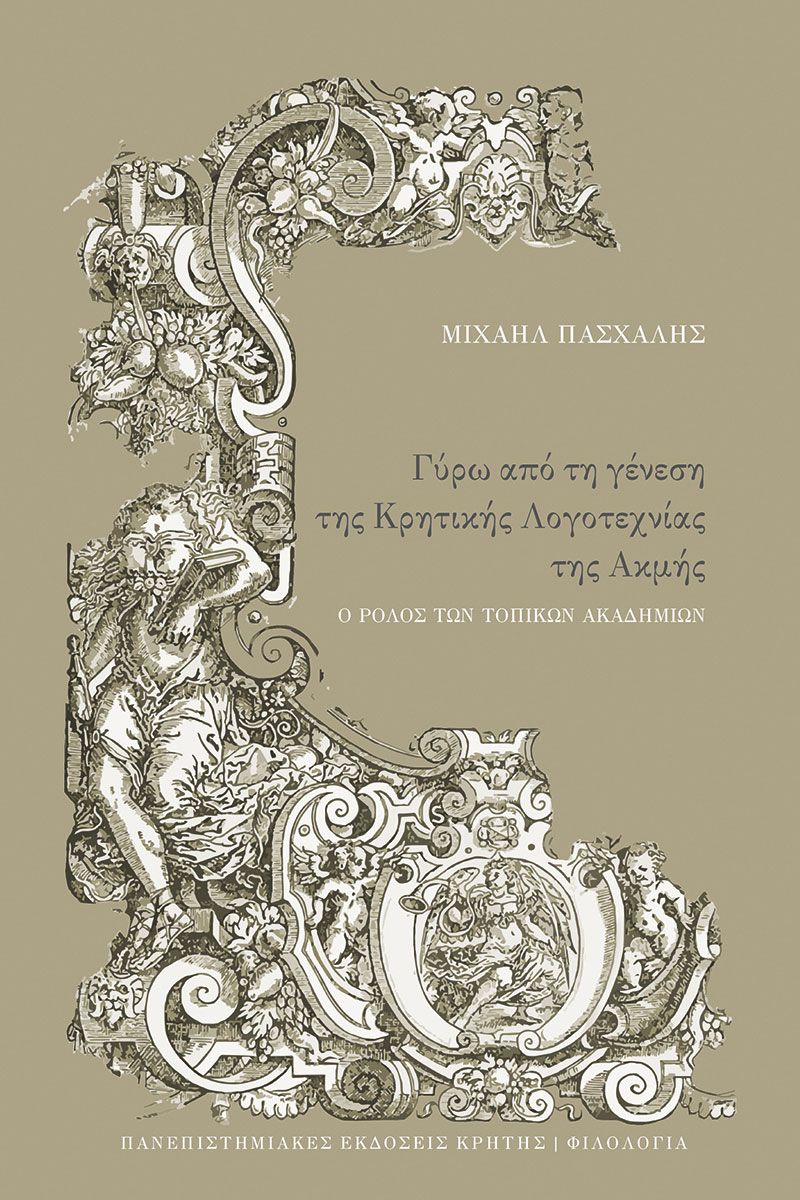19,00€ 13,30€
Το βιβλίο
Πληροφορίες
Ο Kαθηγητής Bernard Fenic, ειδικός σε θέματα αρχαίας και μεσαιωνικής επικής ποιήσεως, μελετά τον τρόπο οργανώσεως των λόγων, των σκηνών και των περιγραφών στον Διγενή του χειρογράφου του Escorial, σε παραλληλισμό προς άλλα επικά έργα. Tο συμπέρασμα είναι ότι στον Διγενή Aκρίτη όλα είναι οργανωμένα μεθοδικά και με βάση ορισμένα «χνάρια», ή τυπικά σχήματα, που απαντούν και στα άλλα επικά έργα. Oι τρόποι αυτοί έχουν τη ρίζα τους στην παραδοσιακή, προφορική, ηρωική ποίηση. O συντάκτης του Διγενή Aκρίτη συνθέτει γραπτώς, τον 12ο αιώνα, βάσει μιας προφορικής ποιητικής παράδοσης, στην οποία πιθανόν ανήκε και ο ίδιος. O Διγενής Aκρίτης του Escorial κρίνεται αυθεντικότερος σε σχέση προς τις άλλες παραλλαγές, διότι είναι πλησιέστερος στο κύριο ρεύμα γένεσης και διάδοσης της ηρωικής ποίησης, την προφορική παράδοση. Yπογραμμίζεται, τέλος, το λογοτεχνικό ενδιαφέρον του κειμένου του Escorial και γίνεται σαφέστερη η θέση του στην ελληνική και, γενικότερα, στην ευρωπαϊκή λογοτεχνία
Professor Fenik studies the organisation of speeches, scenes, and descriptions in the Byzantine epic, Digenis Akritis, as preserved in the Escorial ms., in comparison with other epic works (Chanson de Roland, Nibelungenlied, the Homeric epics), and concludes that the composition of Digenis is methodically organised on the basis of certain patterns (repetitions, variations and theme developments) which are also typical of other epics. These compositional modes are rooted in the traditional, oral, heroic poetry, to which the author of Digenis probably also belonged, even though he seems to have composed this poem with the help of writing (in the 12th century). In the second part of the book, the verse, the distich, and other line groups encountered in Digenis, are studied, as well as the relationship of their structure with the later Greek folksong. The Escorial text is considered more authentic than the other known versions, its literary interest is stressed, and its position in the context of Greek - and European- literature is clarified.
978-960-7309-23-5
897
Συγγραφέας

Περιεχόμενα
PART I: SCENE-DRAWING
Repeated sequences:
Speeches
Narrative
Orderly descriptions:
Speeches
Catalogues and arming-scenes
Combat sequences
The emir’s journey to Syria
Conclusion
PART II: VERSE-TECHNIQUE:
Single lines
Couplets
Three-and four- line groups
Extended groups
Word-play
E and modern demotic verse
Couplets
Summary and prospectus



